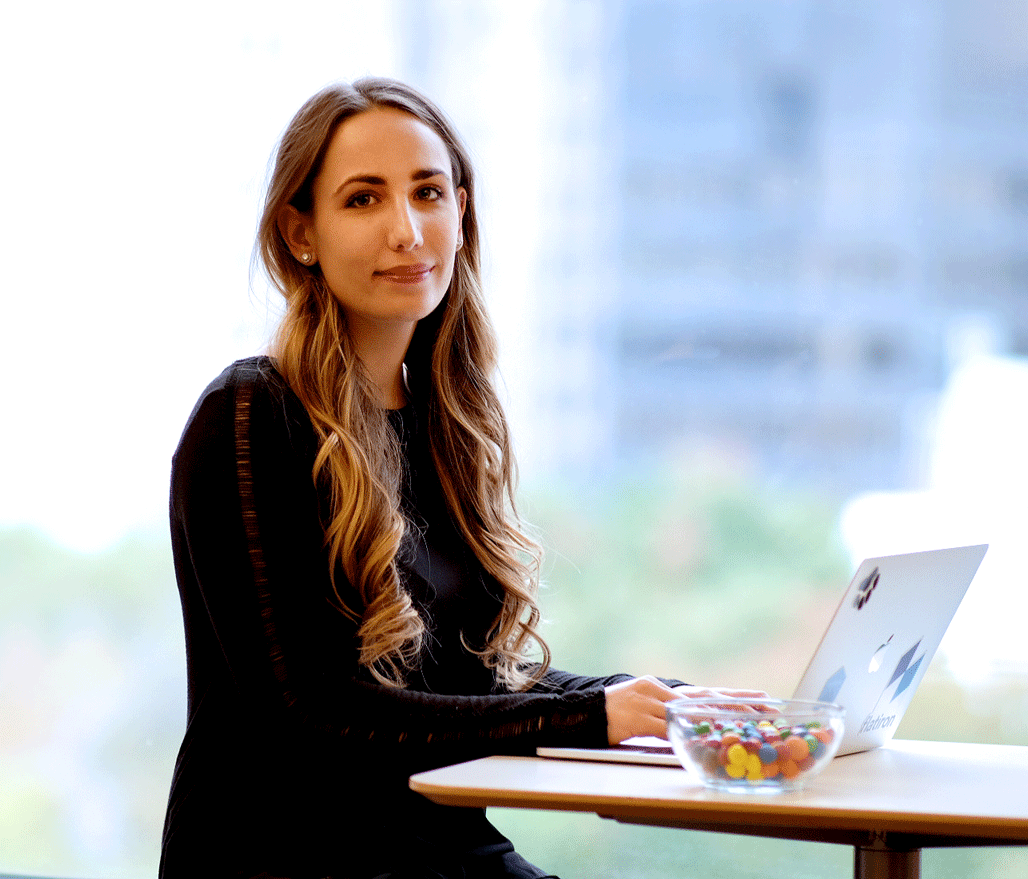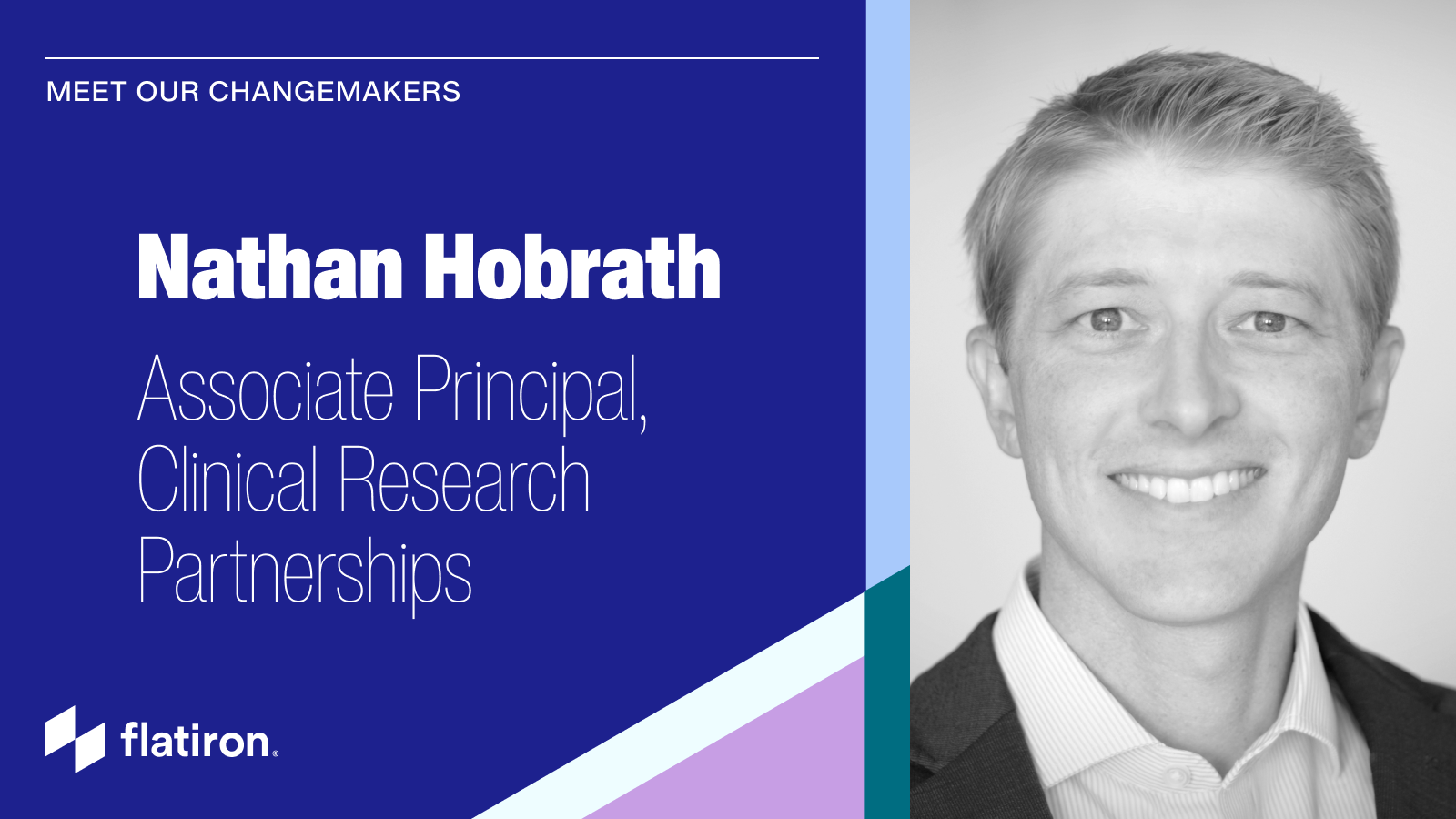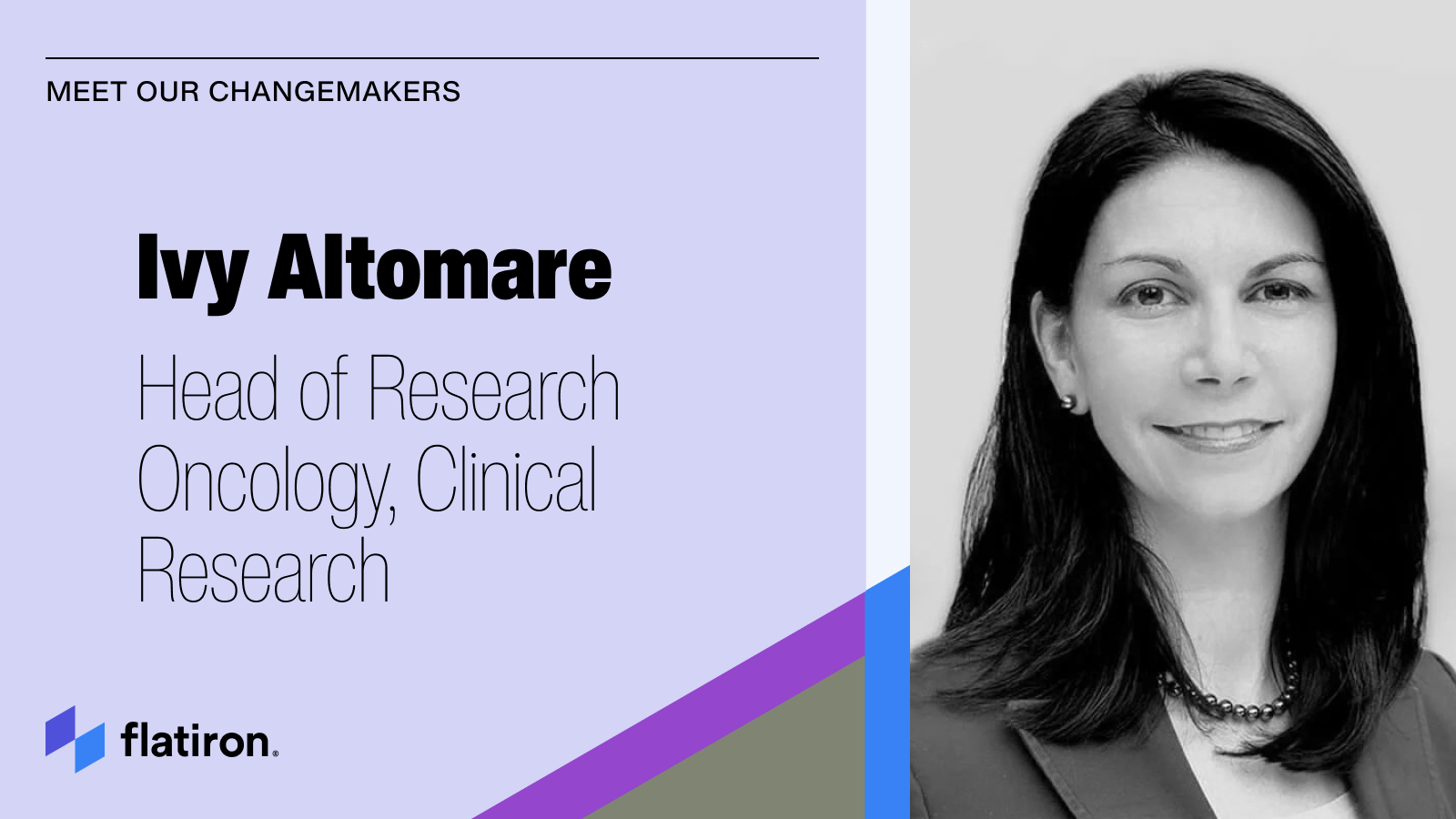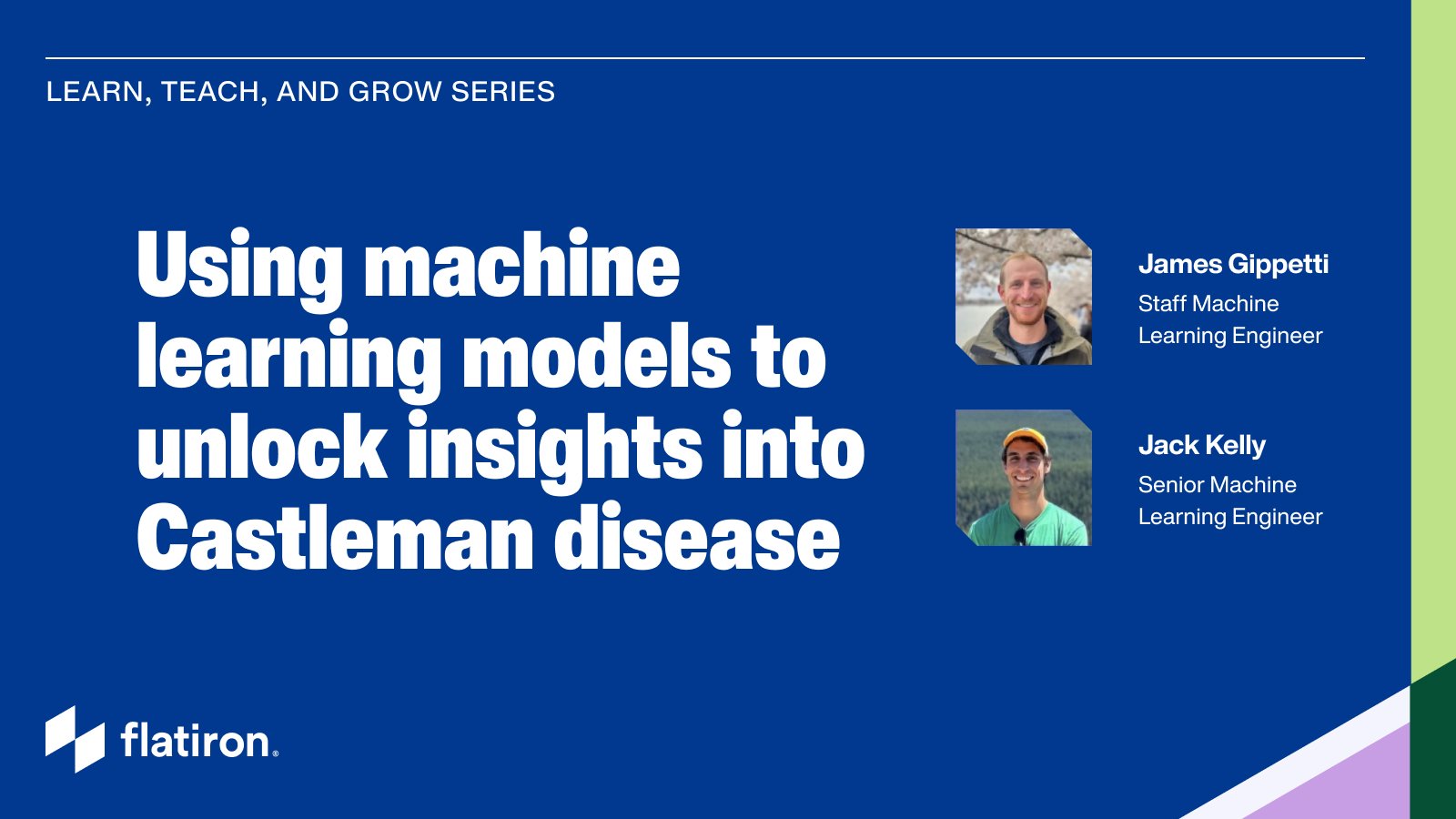When her second grade teacher asked the class "what makes you unique?", Jillian Rockland, manager on our Real-World Evidence team, declared proudly: "I had surgery in my brain because I had brain cancer." She remembers the room full of six-year-olds falling silent and her teacher giving an optimistic explanation of the disease, ensuring the children that they couldn't catch it from Jillian. This was the moment when Jillian realized that her condition was more than just a painful memory turned cool quirk; although the tumor was removed from her head with few complications just two years before, it has remained a part of her identity to this day.
Jillian was four years old when she was diagnosed with a Grade 3 anaplastic astrocytoma the size of a small orange, carrying with it a bleak prognosis. Four is the age when the temporal lobe, the region of the brain located directly above the growth on her cerebellum, begins to form long-term memories. Little did her family know, Jillian was born with this tumor, and as she grew, the tumor grew with her, slowly wreaking havoc on her body.
The diagnosis did not come easily or quickly; for over seven months, Jillian was fainting, becoming increasingly cross-eyed, having vision problems, falling down stairs and suffering from debilitating headaches for until her parents finally demanded an MRI, convinced it wasn't a virus like they were being told.
Her earliest memories are a surreal montage of the antique floral wallpaper above the toilet bowl of her parents' bathroom, the M&Ms her mother snuck into the hospital to alleviate her hunger from steroids and pre-surgery fasting, the restrictive neck brace that prevented her from playing with her little brother, a yearning for home, and loathing of hospitals that would last a lifetime.
Fast forward 15 years; Jillian had graduated college and was managing clinical trials at an academic research institution. She considered going to medical school, but realized that what interested her most was addressing healthcare from a broader perspective; attempting to solve healthcare challenges from a macro level.
Before she knew it, she was completing her thesis for her Masters in Public Health in Epidemiology. While cancer had not been a focus in her career or postgraduate studies, she happened upon a topic that fascinated her: when a pregnant woman consumes cured meats high in nitrates, does that influence their children's likelihood of a brain tumor?
While she transformed this question into her thesis, Jillian's mother would remind her weekly, "I never ate cured meats while I was pregnant!"
After completing her thesis, Flatiron came calling. Jillian would join the team working on a innovative new research mechanism called, "real-world evidence," which allows researchers to learn from the experience of each individual cancer patient and reinvest those learnings back into the healthcare system.
Jillian's experience with cancer motivates her everyday. Each data point in Flatiron's datasets represent a human with an experience she shares. Each data point contributes to advancements in cancer research. Each data point improves the treatment options for future patients.



